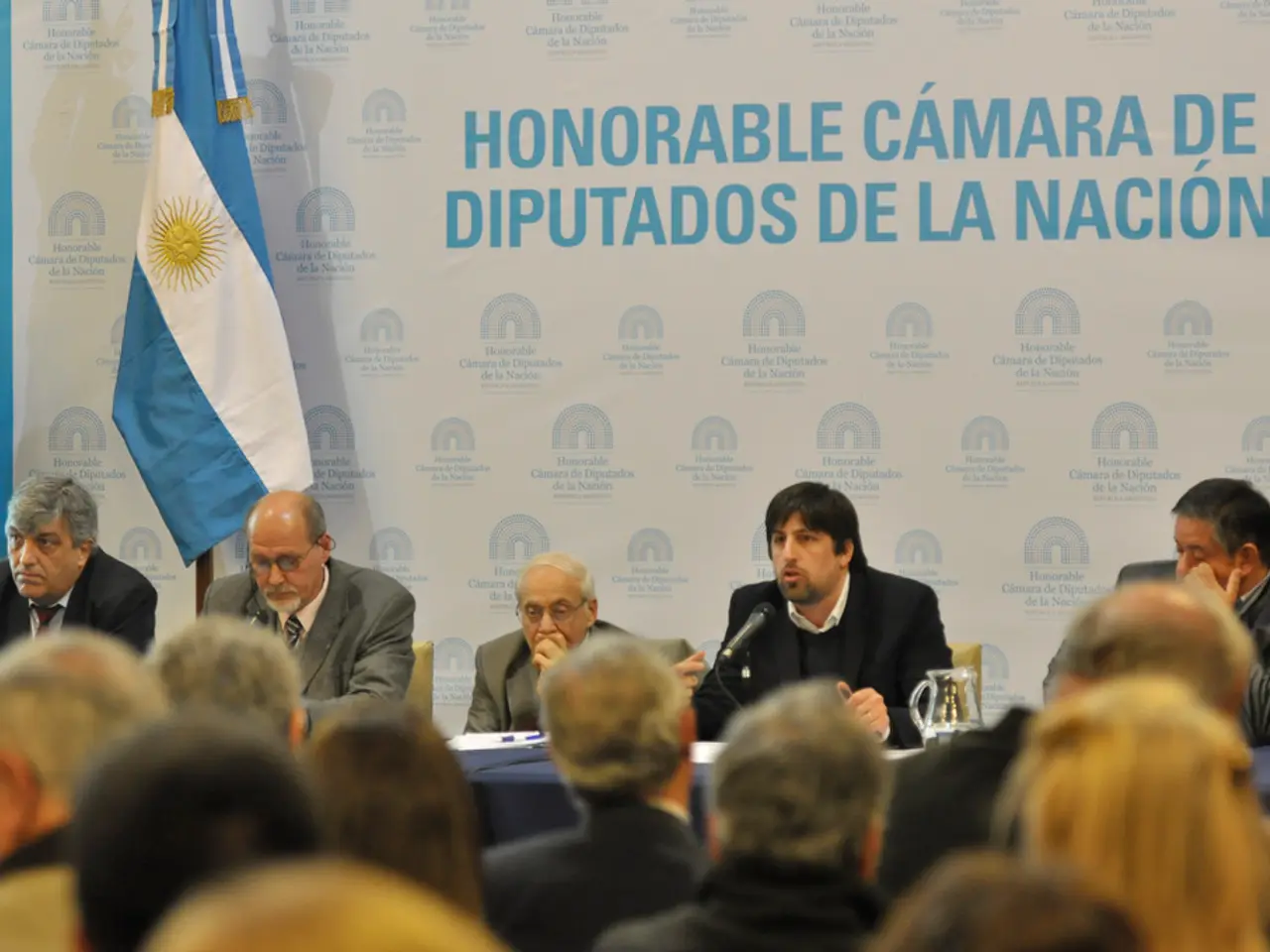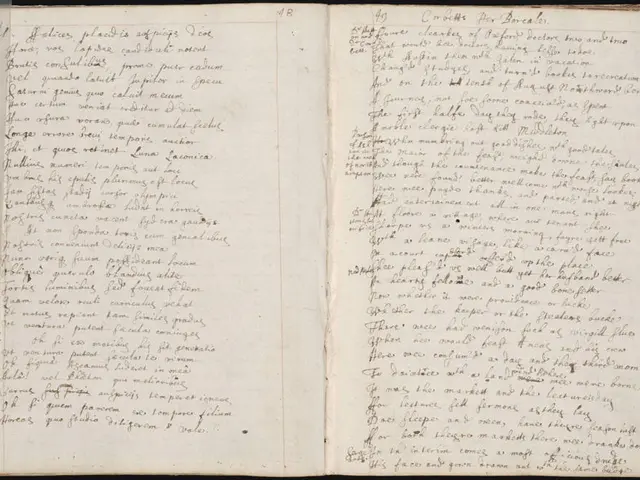Parliamentarians should draw inspiration from student debaters, as advised by Anwar.
In the heart of the city, the 50th edition of the Prime Minister's Cup Debate Competition was held today, with a special guest in attendance - Anwar Ibrahim, the Leader of the Opposition.
Ibrahim commended the students' performance, highlighting their mastery of knowledge, discipline, and character. He was particularly impressed by the critical thinking and command of language demonstrated by Form 3 and Form 4 students.
The Prime Minister's Cup Debate Competition served as a shining example of the qualities Ibrahim believes should be embodied in parliamentary debates. He strongly advocates for respectful and civilised parliamentary debates that are free from insults and profanity.
"Effective debate requires more than just speaking well," Ibrahim said. "It requires mastering knowledge, analyzing it, and presenting ideas clearly—not just resorting to personal attacks."
Ibrahim criticised the current state of parliamentary debates, expressing concern about the use of religion to justify personal attacks. He warned against misusing religion to justify unethical behavior or score political points.
"Debates in the Dewan Rakyat should never be reduced to slander or insults," Ibrahim stated. He emphasised the importance of decorum when expressing differing views.
Ibrahim praised the high standard of debate exhibited by the young participants, highlighting their strong command of the Malay language and ability to engage in deep, knowledgeable discussions. He regards these competitions as exemplary models of ethical and effective debating skills that foster critical thinking and intellectual maturity.
"These competitions are crucial for cultivating ethical leadership, critical thinking skills, and a culture of respectful discourse in Malaysian governance," Ibrahim said.
He also stressed that values like manners and ethics, which are integral to such debates, must be embedded in the national education system to support the vision of building a "Madani Malaysia," a concept stressing civility, ethics, and inclusiveness beyond just technological progress.
Ibrahim expressed a hope to nurture leadership that reaches for the sky while staying rooted in values, referring to the students' performance. He concluded by saying, "The students remained polite and composed during the debates, displaying firmness, information, and strong arguments. This is the kind of leadership we should strive for."
The students, in their turn, provided a shining example of the kind of leadership Ibrahim advocates for, demonstrating the potential for a more respectful and productive parliamentary discourse in the future.
- Anwar Ibrahim, the Leader of the Opposition, believes that the qualities showcased in the Prime Minister's Cup Debate Competition, such as critical thinking, elegant language, and respectful discourse, should also be embodied in parliamentary debates.
- Ibrahim laments the current state of parliamentary debates, where he sees the misuse of religion to justify personal attacks, and he urges for a greater focus on decorum, ethical behavior, and intellectual maturity in these discussions.
- Ibrahim emphasized that competitions like the Prime Minister's Cup Debate Competition are vital for fostering ethical leadership, critical thinking skills, and a culture of respectful discourse in Malaysian governance, a step towards achieving the vision of a "Madani Malaysia."
- Ibrahim acknowledges the young participants' strong command of the Malay language, their ability to engage in deep, knowledgeable discussions, and their display of firmness, information, and strong arguments, which he views as an ideal model of leadership that blends intelligence with manners and ethics.







